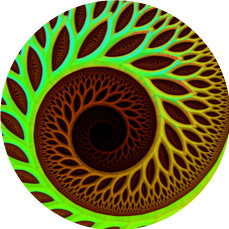Chapter 1: A View of Life
- How is life hierarchically organized from smallest scale to largest?
- What are the 7 characteristics that make something alive?
- Why isn’t a virus considered alive?
- Compare and contrast photosynthesis and chemosynthesis.
- What is homeostasis and why is it important for life to occur?
- How to theories and hypotheses relate?
- What are the main theories in biology?
- How is science a process of inquiry?
- Contrast deductive and inductive reasoning. Which one is science based on?
- Be able to identify independent and dependent variables (in paragraph form as well as graphic form).
- Be able to determine what an experimental variable and control variable are within an experiment.
- Be able to write an essay on the different steps of the Scientific Process and why each one is important.
- Be able to be given a scientific question and design an experiment for it.
- Does eating steak make me a faster runner?
- Does wildfire increase animal diversity in the long term?
- What happens if predators are removed from a habitat?
- Be able to come up with your own scientific experiment from your own question.
- Identify the question.
- Determine a hypothesis.
- Design an experiment.
- What are your experimental groups?
- What are you control groups?
- What would your results look like?
- What is your dependent variable?
- What is your independent variable?
- What would your graph look like?
- How would your results help you to reject or fail to reject your hypothesis?
- Is your experiment repeatable? Why is this important?
- What are the components of a well-defined experiment? Be able to identify poor experimental design. THIS IS REALLY IMPORTANT. Use your textbook to read through poor experimental designs. Also, search the Internet under “poor experimental design”, read through several and determine why they are poor.
